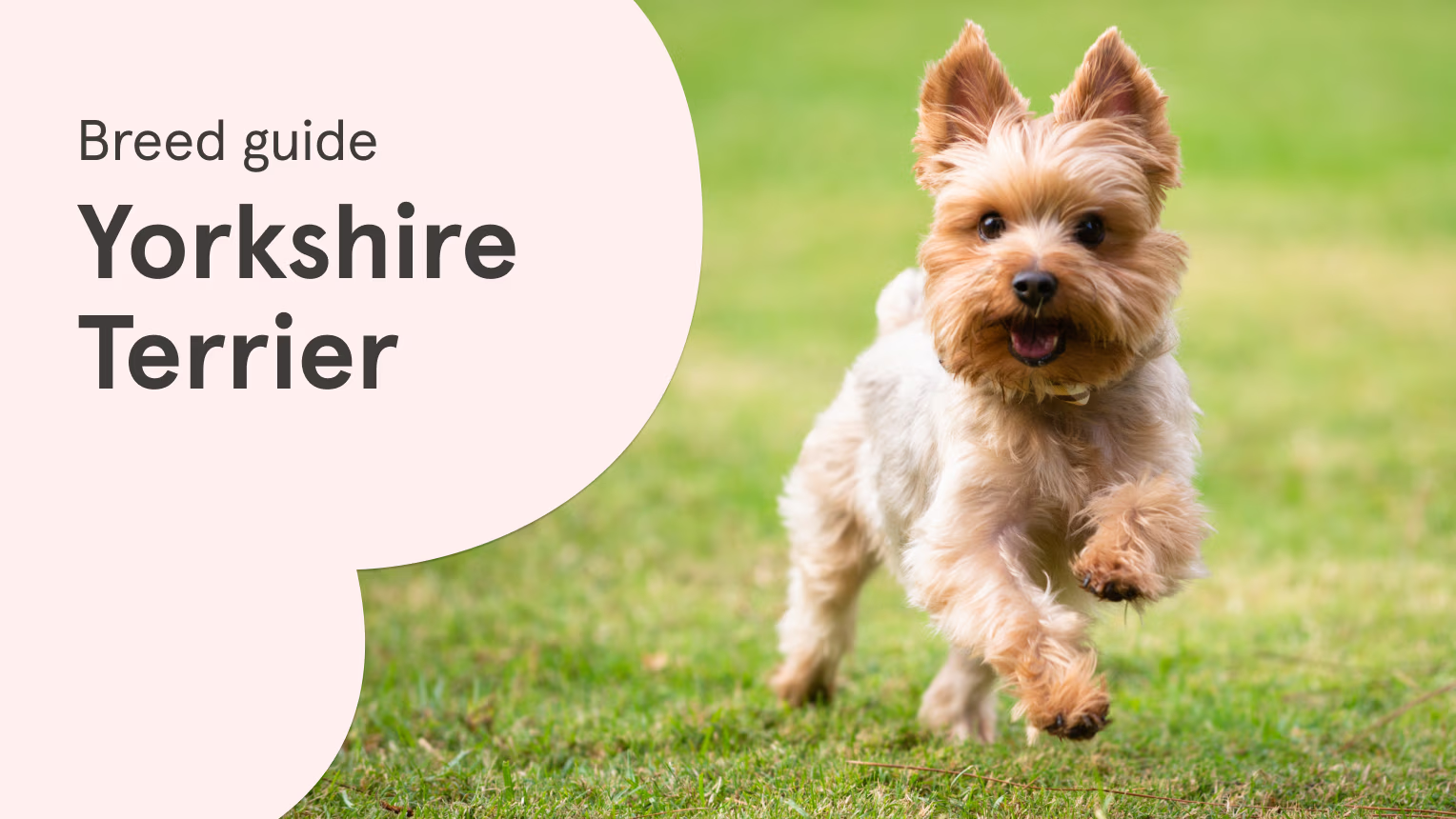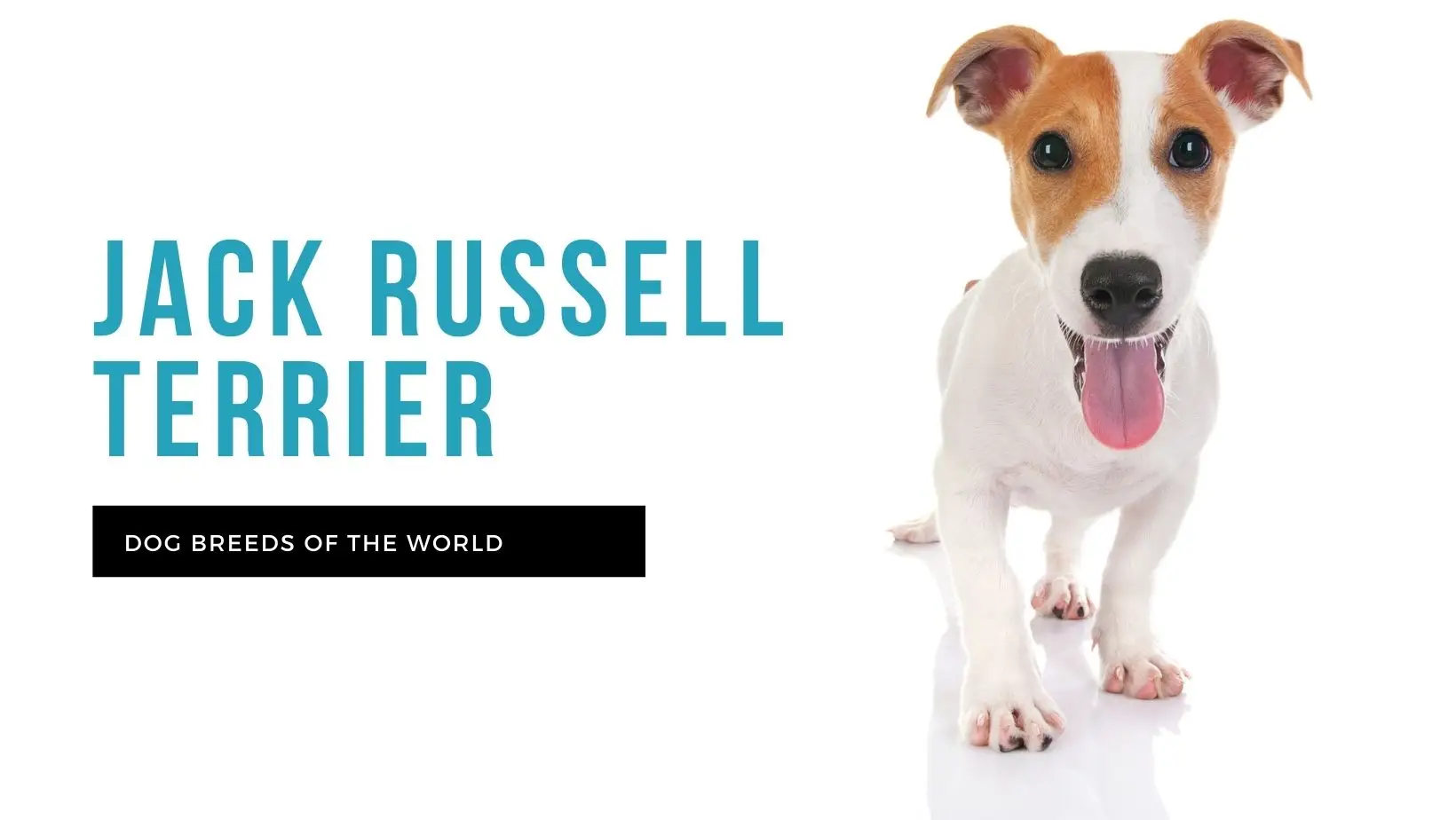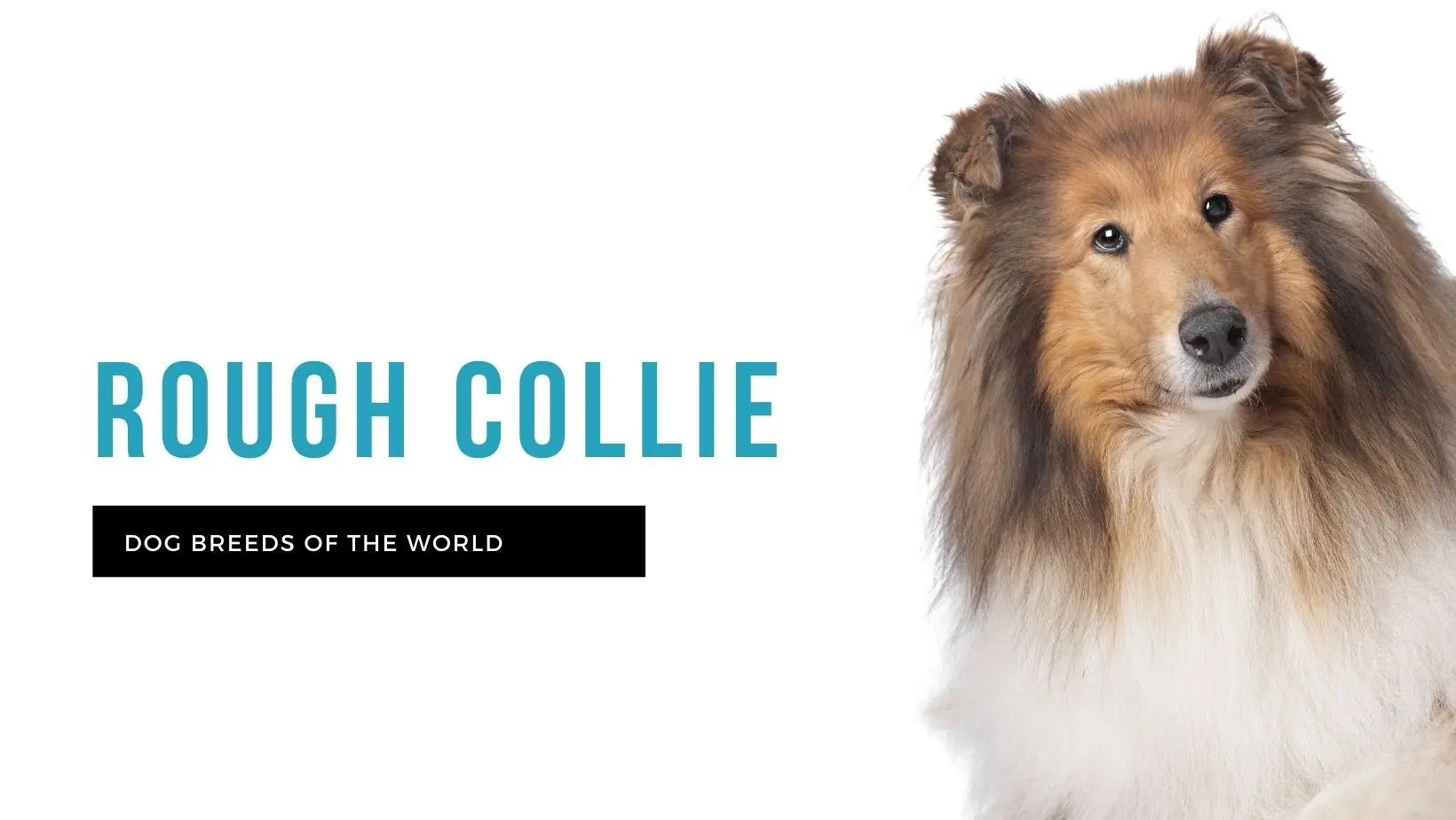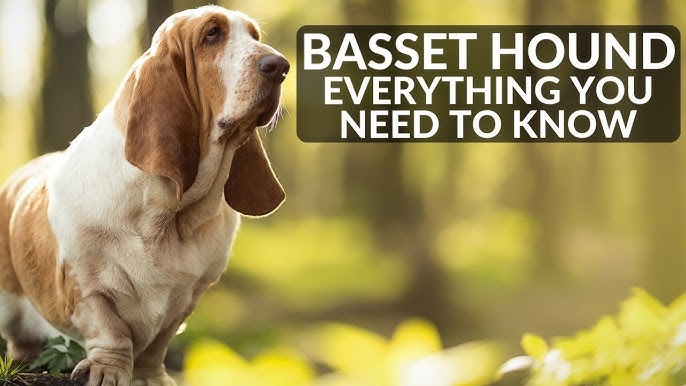Yorkshire Terrier: The Ultimate Guide to Owning, Training, Caring, and Choosing a Yorkie
The Yorkshire Terrier, affectionately known as the Yorkie, is one of the most beloved toy dog breeds in the world. With their glamorous coat, feisty personality, and small size, they’re ideal for city living and companionship. Despite their dainty looks, Yorkies are packed with terrier toughness, intelligence, and confidence. This guide explores everything you need to know about Yorkshire Terriers—including how to choose the right one, train, care, and understand their pros and cons.
🐾 Breed Overview
| Feature | Details |
|---|---|
| Breed Group | Toy Group |
| Origin | England |
| Height | 7–8 inches (18–20 cm) |
| Weight | 4–7 pounds (1.8–3.2 kg) |
| Life Expectancy | 12–16 years |
| Coat Type | Long, silky, straight |
| Color | Blue and tan |
| Temperament | Brave, affectionate, alert |
| Shedding | Very low (hypoallergenic) |
| Exercise Needs | Moderate (short walks & play) |
🐶 History of the Yorkshire Terrier
The Yorkshire Terrier was developed in the 19th century in England, originally bred to catch rats in textile mills. Over time, they became fashionable companions of Victorian ladies. Despite their lapdog status today, they still retain the courageous spirit of their working-class roots.
🔍 How to Choose the Right Yorkshire Terrier
When selecting a Yorkie, whether from a breeder or adoption center, consider these important tips:
✅ 1. Choose a Reputable Breeder
- Look for breeders registered with organizations like the American Kennel Club (AKC) or Kennel Club UK.
- Ask for health clearances (e.g., for patellar luxation, eye issues).
- Visit in person to assess the environment and puppy behavior.
✅ 2. Check Temperament
- A healthy Yorkie puppy should be playful, curious, and alert.
- Avoid overly shy or overly aggressive pups.
✅ 3. Adoption Option
- Consider adopting from a rescue organization or shelter.
- Many Yorkies and Yorkie mixes need loving homes.
🏠 How to Care for a Yorkshire Terrier
Yorkies are small but high-maintenance. Their luxurious coat and strong personality require regular attention.
🧼 1. Grooming
- Daily brushing is essential to prevent tangles and matting.
- Regular baths (every 2-3 weeks) keep their coat healthy.
- Professional grooming every 4–6 weeks for trimming and ear cleaning.
- Trim nails monthly and brush teeth several times a week.
🍽 2. Diet and Nutrition
- Feed high-quality small breed dog food, rich in protein and healthy fats.
- Yorkies have small stomachs—feed 2–3 small meals daily.
- Avoid overfeeding to prevent obesity.
🩺 3. Health Care
Yorkies are generally healthy but prone to certain conditions:
- Dental problems (brush regularly)
- Luxating patella (kneecap dislocation)
- Collapsed trachea
- Hypoglycemia, especially in puppies
- Regular vet check-ups and vaccinations are a must.
🛏 4. Safe Environment
- Yorkies are fragile—avoid rough handling or risky high places.
- Puppy-proof your home, and be cautious with children or larger pets.
🎓 How to Train a Yorkshire Terrier
Training a Yorkie can be both fun and challenging. They’re intelligent but can be stubborn.
📌 1. Start Early
Begin training and socialization as early as 8 weeks.
🎯 2. Focus on Housebreaking
- Use positive reinforcement like treats and praise.
- Consistent potty training schedule is key.
- Crate training helps with housebreaking and safe travel.
🗣 3. Barking Control
Yorkies are naturally vocal watchdogs.
- Teach the “quiet” command.
- Reward calm behavior and avoid reinforcing excessive barking.
👥 4. Socialization
- Introduce your Yorkie to other people, pets, and environments early on.
- This helps reduce anxiety and fear-based behavior later.
🧠 5. Basic Obedience
Teach commands like sit, stay, come, leave it.
- Short, engaging sessions (5–10 minutes) work best.
- Use treats, toys, and praise to motivate.
💡 Tips for Yorkie Owners
- Yorkies do well in apartments and small homes.
- They enjoy being with their humans—don’t leave them alone for long hours.
- Provide plenty of mental stimulation (toys, training games).
- Yorkies may try to assert dominance—be consistent with rules.
✅ Pros of Owning a Yorkshire Terrier
| Pros | Description |
|---|---|
| 🐶 Compact Size | Perfect for small homes and apartments. |
| 🧠 Intelligent | Easily learns tricks and commands. |
| ❤️ Affectionate | Forms strong bonds with their family. |
| ✈️ Travel-Friendly | Easy to carry for travel or daily outings. |
| 🚫 Low Shedding | Great for people with mild allergies. |
⚠️ Cons of Owning a Yorkshire Terrier
| Cons | Description |
|---|---|
| 💇 High Grooming Needs | Requires daily brushing and grooming. |
| 🐕 Can Be Yappy | Tends to bark if not properly trained. |
| 👶 Fragile | Not ideal for families with very young children. |
| 💸 Prone to Health Issues | May require regular vet visits. |
| 🎭 Stubborn Streak | Needs consistent and patient training. |
💰 Yorkshire Terrier Price and Costs
🐾 Initial Purchase Price
- From Breeders: $800 – $3,000 (show-quality pups may cost more)
- Adoption: $100 – $500
📦 First-Year Expenses
| Category | Estimated Cost (USD) |
|---|---|
| Food & Treats | $300 – $500 |
| Vet Visits | $200 – $600 |
| Grooming | $300 – $700 |
| Toys & Supplies | $100 – $300 |
| Training | $100 – $300 |
Total First-Year Estimate: $1,000 – $2,500+
Ongoing yearly costs are generally $700 – $1,500 depending on grooming and health.
📝 Final Thoughts: Is the Yorkshire Terrier Right for You?
The Yorkshire Terrier is a lovable, loyal, and lively companion best suited for dedicated owners who can provide time, care, and attention. They thrive in loving homes, especially with singles, couples, or families with older children. If you’re looking for a charming, travel-friendly, intelligent dog that doubles as a fashion icon, a Yorkie might just be your perfect match.




